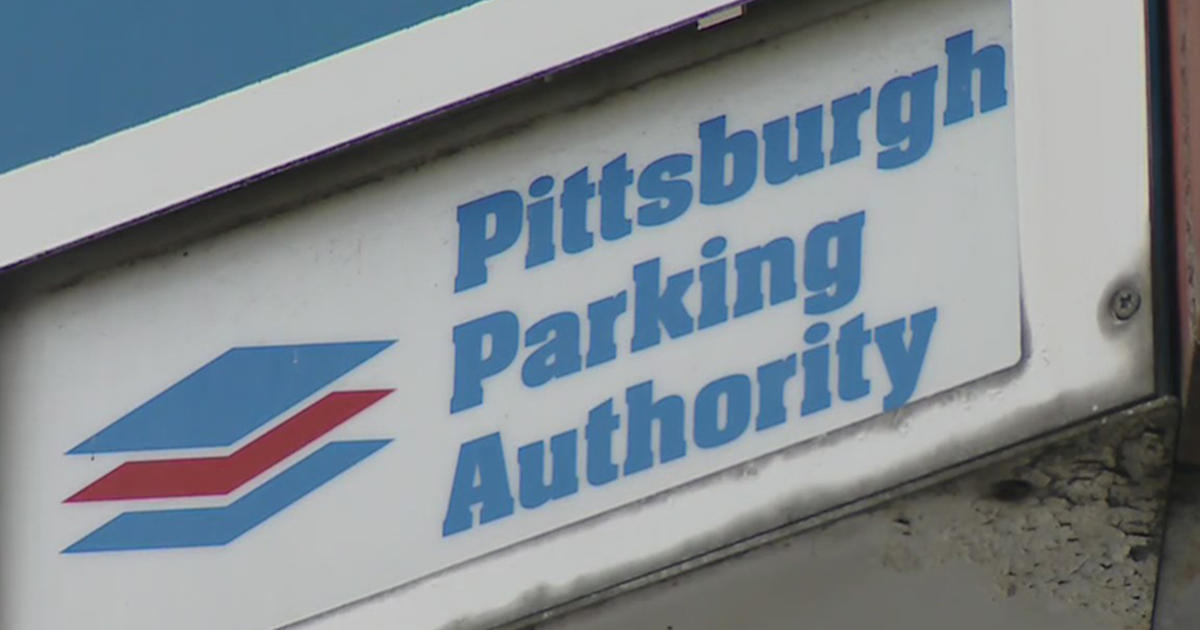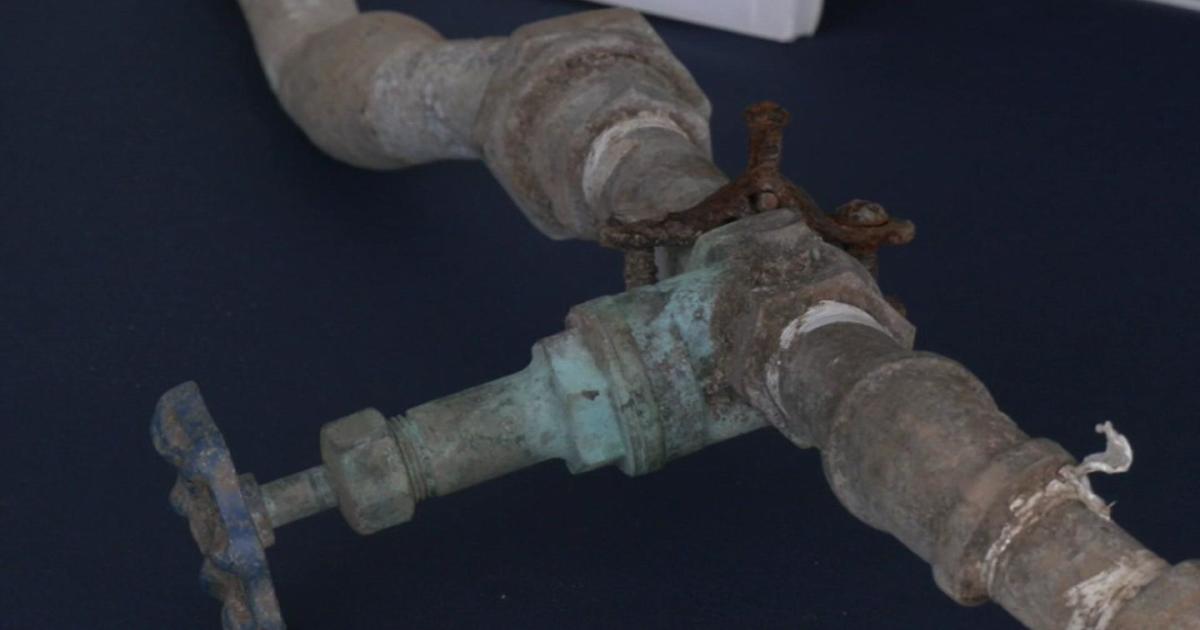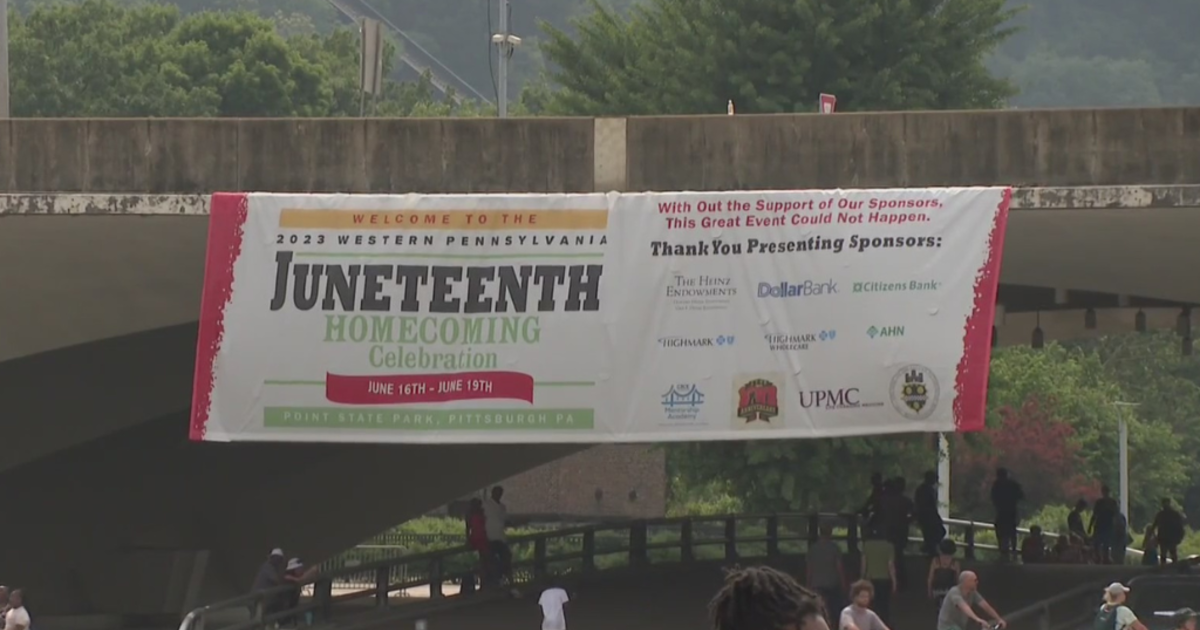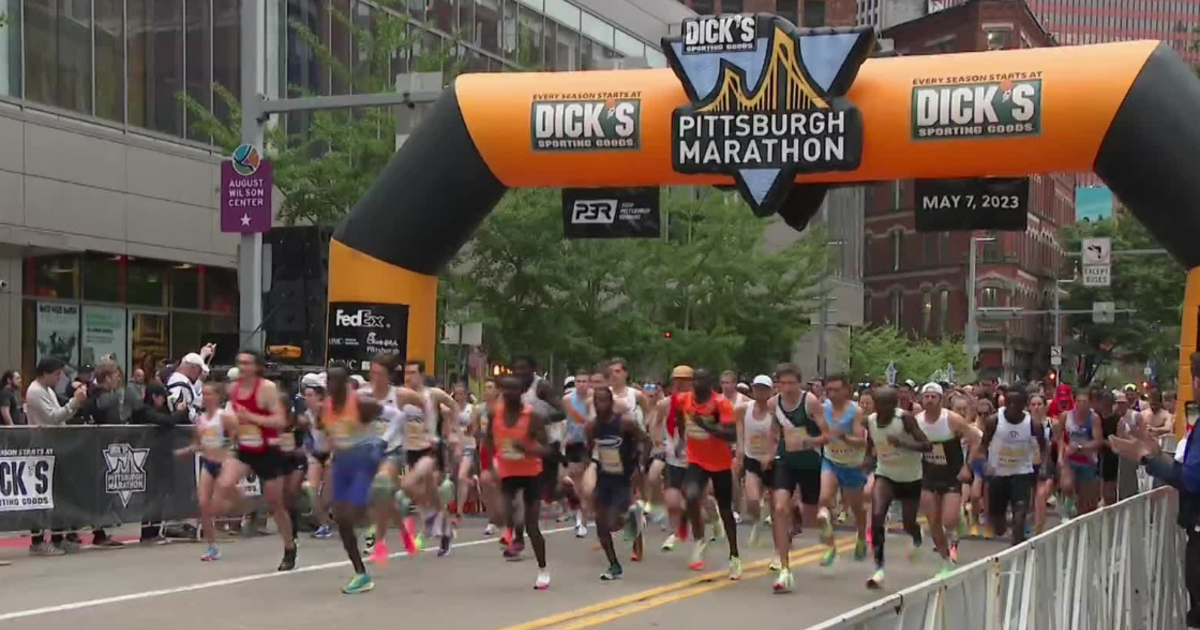Liquor prices going up on most popular products beginning Sunday
PITTSBURGH (KDKA) — Prices of most popular wine and spirit brands are going up Sunday at all Pennsylvania liquor stores.
As KDKA-TV money editor Jon Delano reports, it's an across-the-board price hike that affects 3,500 products.
The Pennsylvania Liquor Control Board is raising prices on its most popular alcohol products by 4 percent beginning Jan. 15.
"We're experiencing increased costs across the board, whether it's our store leases, our distribution costs, our labor costs, just general acquisition costs," says Shawn Kelly, a spokesperson for the LCB.
Kelly says the state's fine wine and spirits stores are impacted by inflation like everyone else.
"Right now, 4 percent is the right amount. Our team took a very long time to look at what 4 percent means for our bottom line and what it means for our customers. We did not undertake this lightly," says Kelly.
While the cost of selected items increases frequently at state stores, this is the first across-the-board hike affecting since 2019.
Depending on the price of the liquor you purchase, the price hike could range from 50 cents a bottle to several dollars.
Some samples include New Amsterdam Vodka (750 ml) from $13.99 to $14.59, Bacardi Superior Rum (750 ml) from $15.99 to $16.59, Fireball Cinnamon Whiskey (750 ml) from $18.99 to $19.79, Wild Turkey Straight Bourbon (750 ml) from $24.99 to $25.99, Dewar's White Label Scotch (750 ml) from $26.99 to $28.09, and Beefeater London Dry Gin (1 liter) from $28.99 to $30.19.
Some lawmakers are critical.
"Didn't last year you announce you had record-breaking profits? Now you're going to raise prices? Doesn't really make sense," says state Sen. Mike Regan, who chairs the Senate committee responsible for the LCB.
Regan says the liquor monopoly in this state allows for such a large-scale price hike.
"If this was a private business, the raising of prices would probably be the last thing they would do," Regan said. "The first thing they would do is try to cut their own costs. They would look at how they're staffed."
Regan says there's not much the public can do about this.
"Raising prices makes you non-competitive, right? But the LCB does not have to be competitive because they are a government-run monopoly," Regan said.
Regan says these price hikes were made without much notice. Andy Deloney, whose members at the Distilled Spirits Council sell alcohol to the LCB, agrees.
"We found out just over a week ago that with about 10 days' notice that prices were going to be going up," says Deloney.
Normally he says they get 30 to 60 days' notice. Deloney says not all wholesalers are raising prices on every brand, so don't blame them.
"When they raise prices at the shelf, that's not revenue that is necessarily going to the producer," adds Deloney.
That revenue goes to the LCB, which last year had revenue of just over $3 billion, of which, after expenses, over $839 million was returned mostly to the state's general fund. In other words, selling wine and alcohol makes money for the state.




